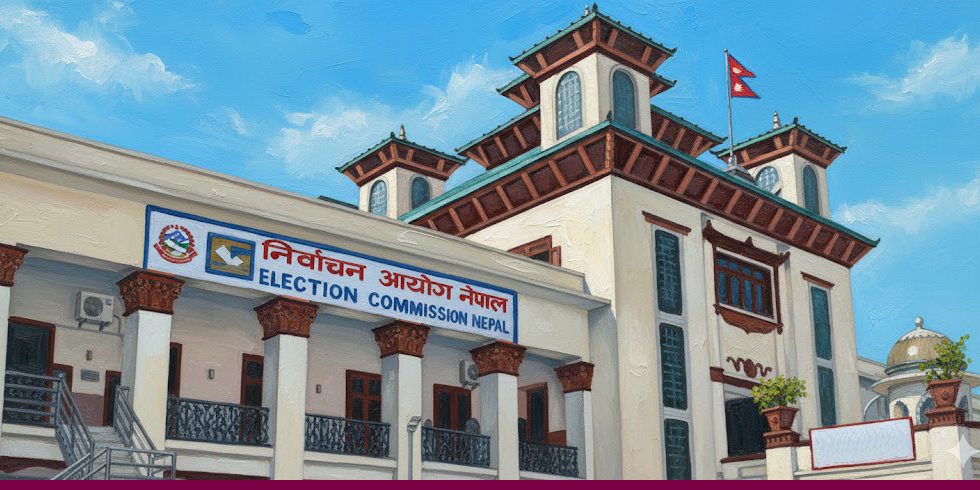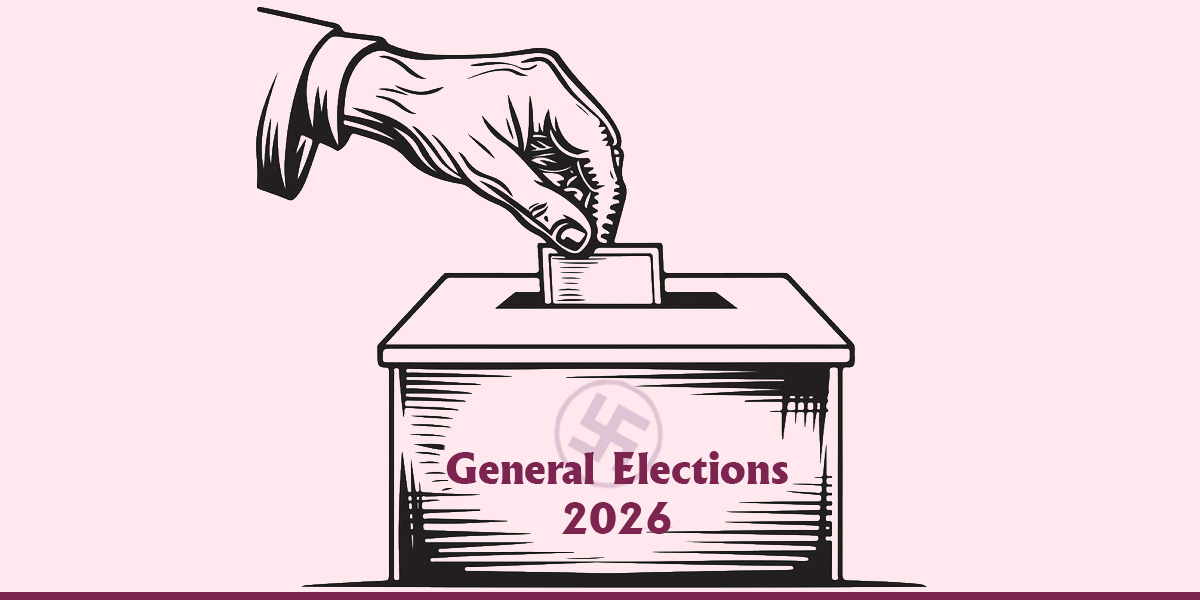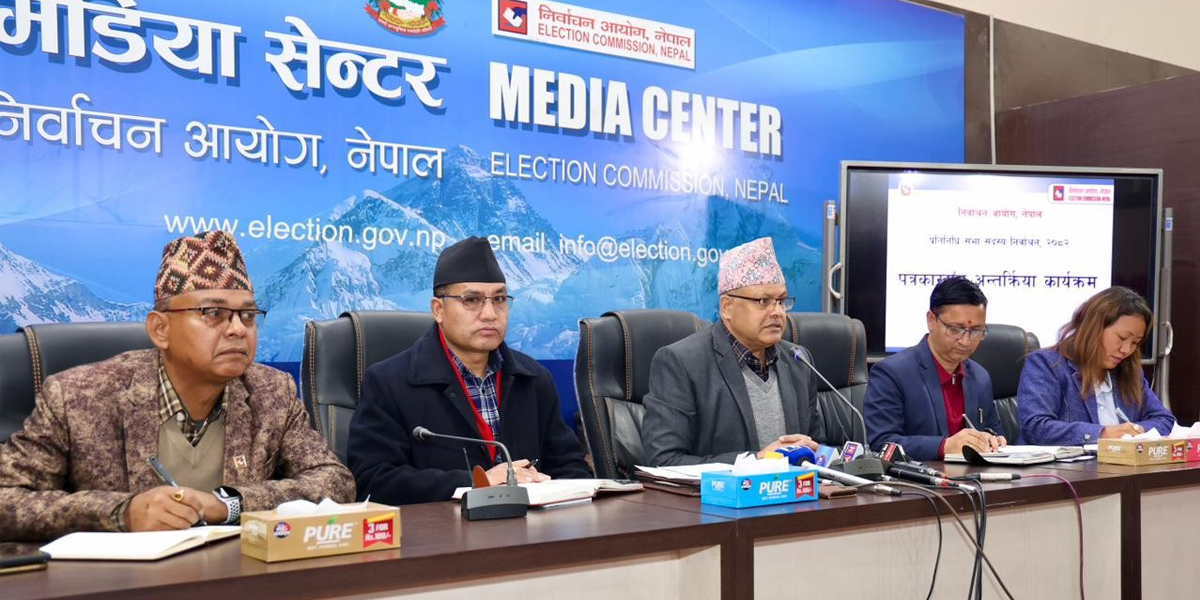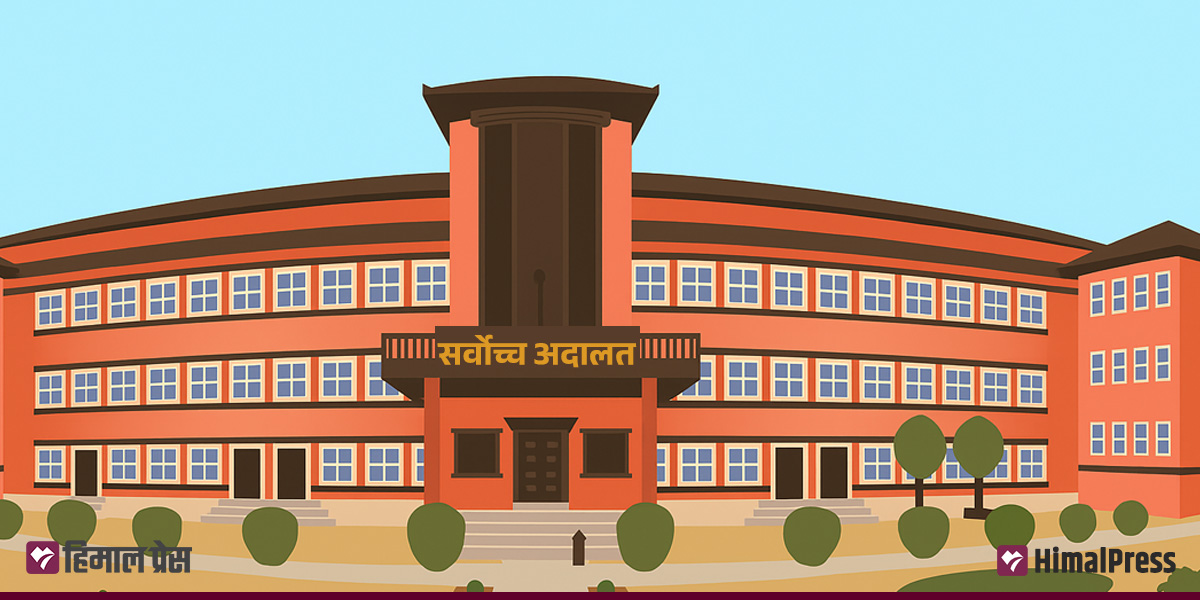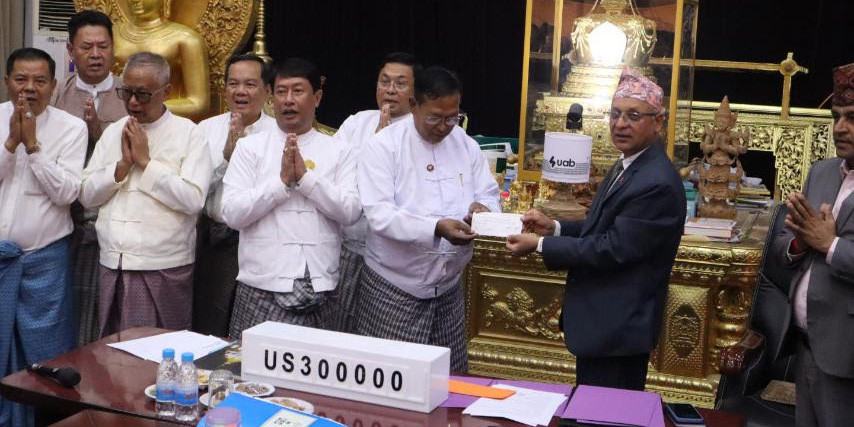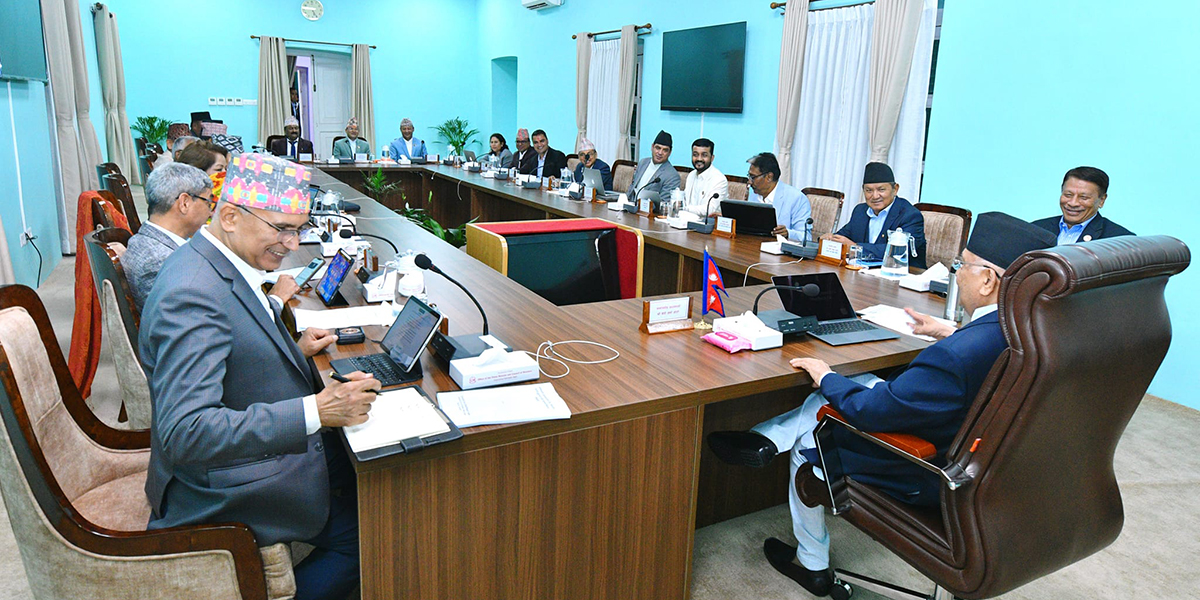 Cabinet Meeting (File Photo)
Cabinet Meeting (File Photo)
KATHMANDU: The Federal Civil Service Bill, registered in March, is under clause-wise discussion in the State Affairs and Good Governance Committee. The School Education Bill, registered on February 10, 2024, is also under clause-wise discussion in the Education, Health, and Information Technology Committee.
Likewise, the police adjustment process as per the spirit of federalism has been affected due to the delay in forming the Federal Police Act. The Transitional Justice Bill, which will amend the Commission of Investigation on Enforced Disappeared Persons and the Truth and Reconciliation Commission Act, 2071, registered in March last year, is under consideration in the Law, Justice, and Human Rights Committee.
According to Ekram Giri, the spokesperson for the Federal Parliament Secretariat, 28 bills are currently pending in parliament, with most undergoing clause-by-clause discussions in various subject committees.
Mahesh Bartaula, chief whip of the CPN-UML, said that the government’s priority is to enact laws necessary for implementing the constitution. He added that bills related to police integration, federal civil service, and school education are of importance.
Stakeholders are optimistic that the legislative process will gain momentum as the government now commands a two-thirds majority in the House of Representatives. However, there remains a risk that the voices of a weak opposition might be overlooked in the process.
Nepali Congress (NC) is the largest party in the current ruling coalition with 88 seats, while UML, which has 79 lawmakers, is leading the government. It has the support of several fringe parties two of which have already joined the coalition government.
NC lawmaker Ishwari Devi Neupane expressed confidence in the government’s ability to pass bills with a comfortable majority. Neupane said the lawmaking process was affected in the past due to differing perspectives of the NC and UML on bills. “Now that both parties are in the government, I believe the legislative process will move ahead smoothly,” she added.
Ramhari Khatiwada, another NC lawmaker, emphasized the need for consensus among ruling parties on proposed bills to ensure smooth passage. “We saw in the past how conflicting views among coalition partners delayed legislation. We should make sure this is not repeated,” he added.
Over 100 Laws Needed
According to the Ministry of Law, Justice, and Parliamentary Affairs, more than 100 laws are required to fully implement the constitution.
Law Secretary Phanindra Gautam said that the priorities for bills have been set and are in the process of moving forward.
Out of 63 bills that the ministry had prioritized, some have already been registered. According to Gautam, 38 bills are in the government’s second priority category, and 15 are in the third.
Opposition parties, however, express doubts about the government’s commitment to enacting laws that are crucial for implementing the constitution. Purna Bahadur Gharti, a lawmaker from the CPN (Maoist Center), is hopeful that the new government will implement administrative and financial federalism as it has political federalism. “Maoist Center is always at the forefront of implementing the constitution, regardless of whether it is in the government or the opposition,” he added.
“Key legislation related to police integration, education, and civil service could not move ahead in the past due to a lack of consensus between the two largest parties,” Gharti said. “It shouldn’t be the case now. Our party will support the legislation process if it is in the spirit of the constitution.”

 Himal Press
Himal Press 
